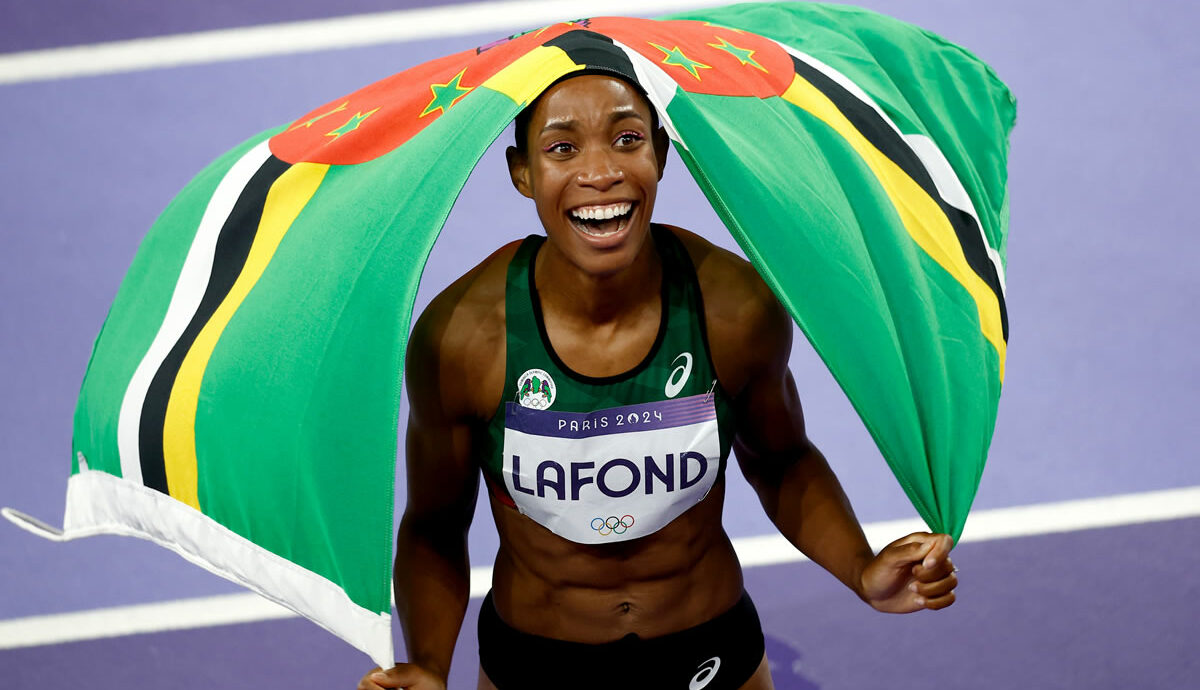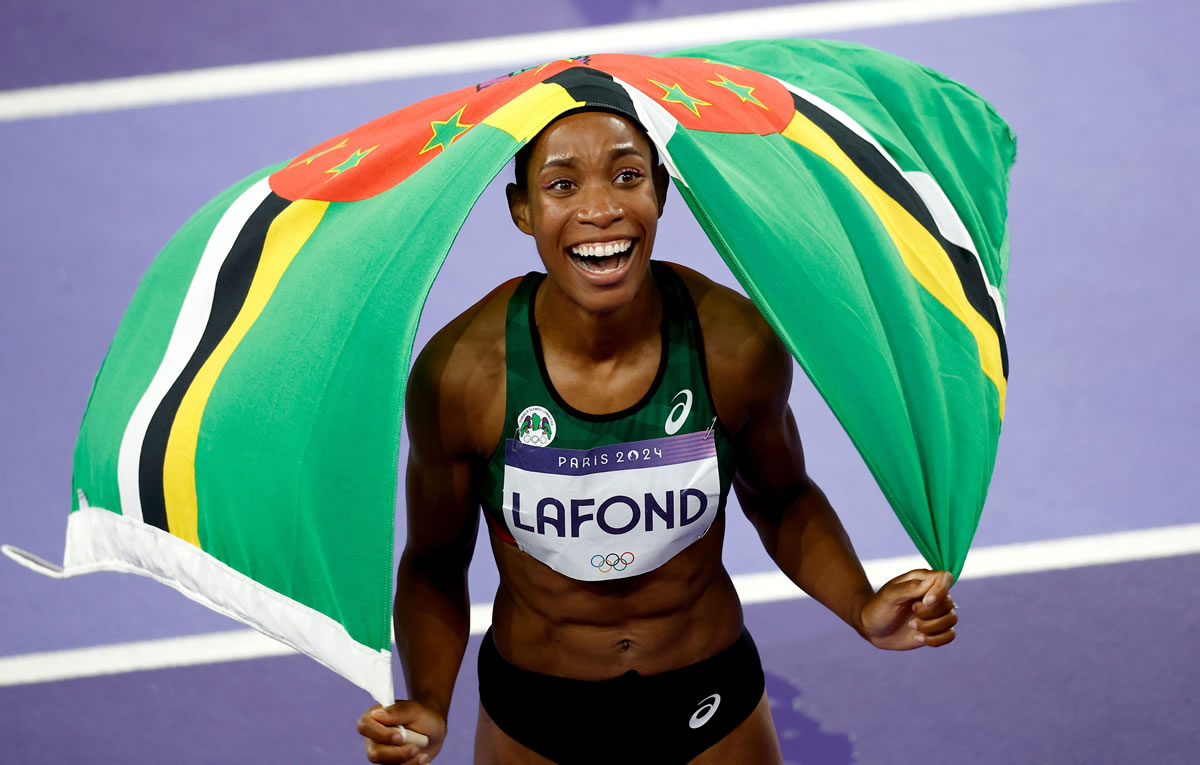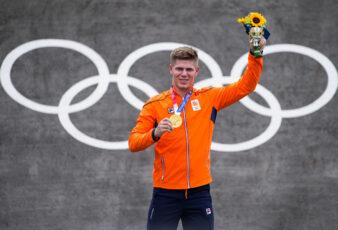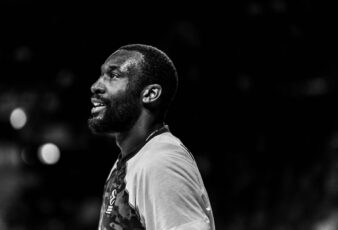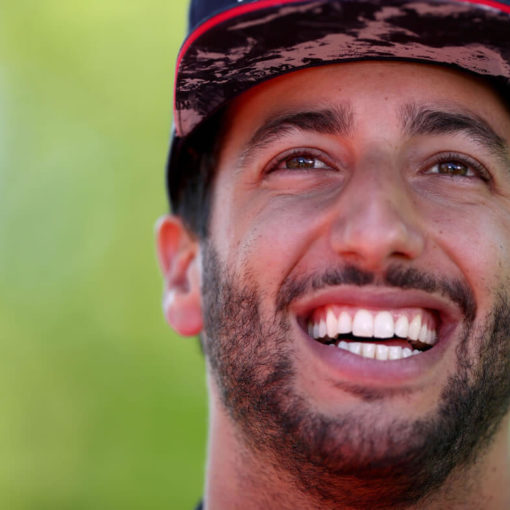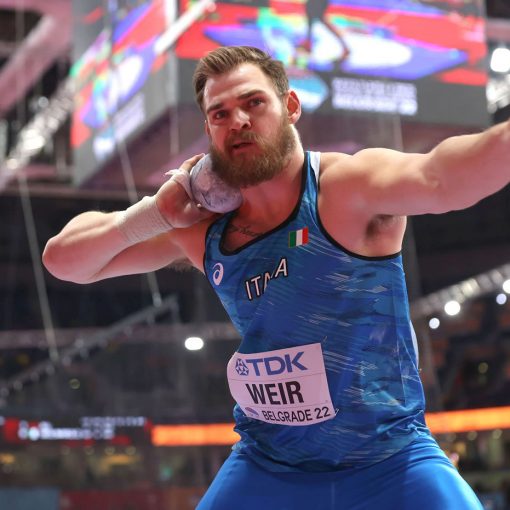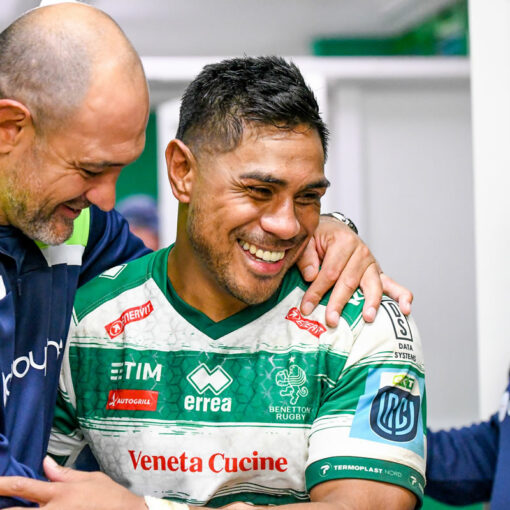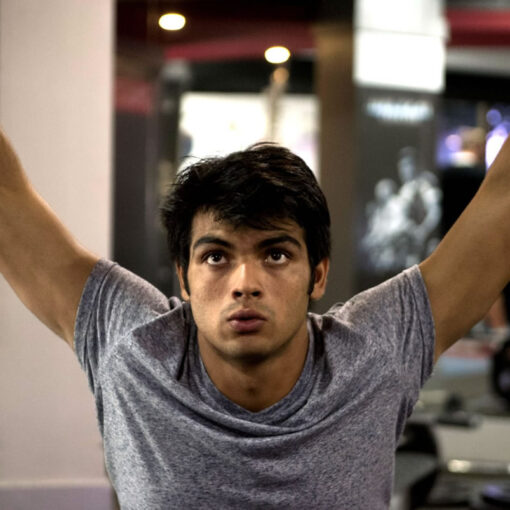“You won’t.”
That’s what my aunt said.
I was only five years old, and when I try to look back, that’s my first memory.
I’m in the back seat of the car, in Dominica, and we’re all going to the airport, to catch a plane to the great United States of America, to New Jersey, a place that, from the next day, I was supposed to call home.
I’m holding my favorite doll in my arms, and when I ask my aunt when I’ll be visiting her next, she just said “you won’t.”
Because America is far away, on the other side of the moon, and getting there costs money. Time. Work.
As the plane was floating, I also remember asking what that huge brown thing beneath us was, because no, it couldn’t be the sea.
The sea is blue.
The ocean is the color of the sky.
But maybe that’s only true in the Caribbean.
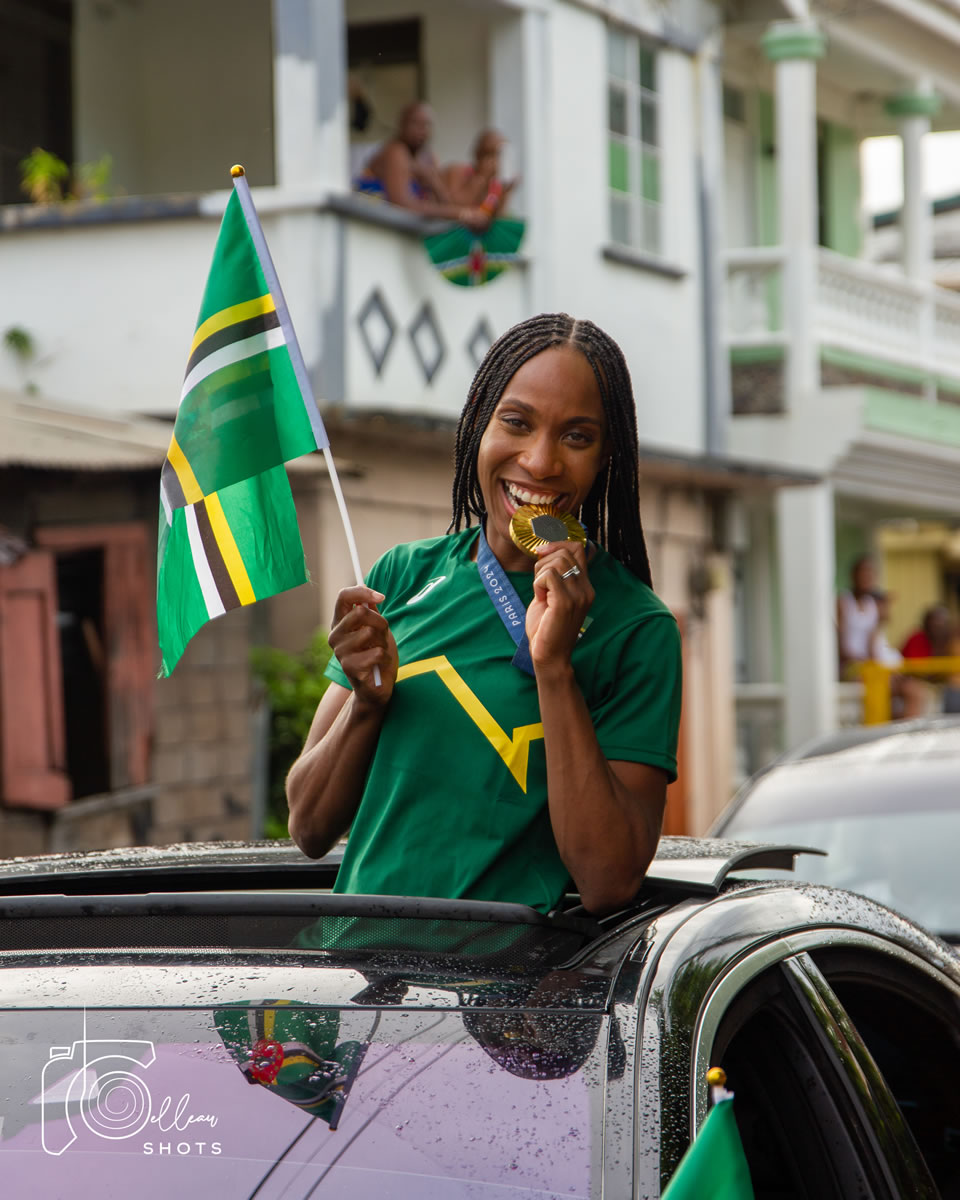
© Allton Belleau
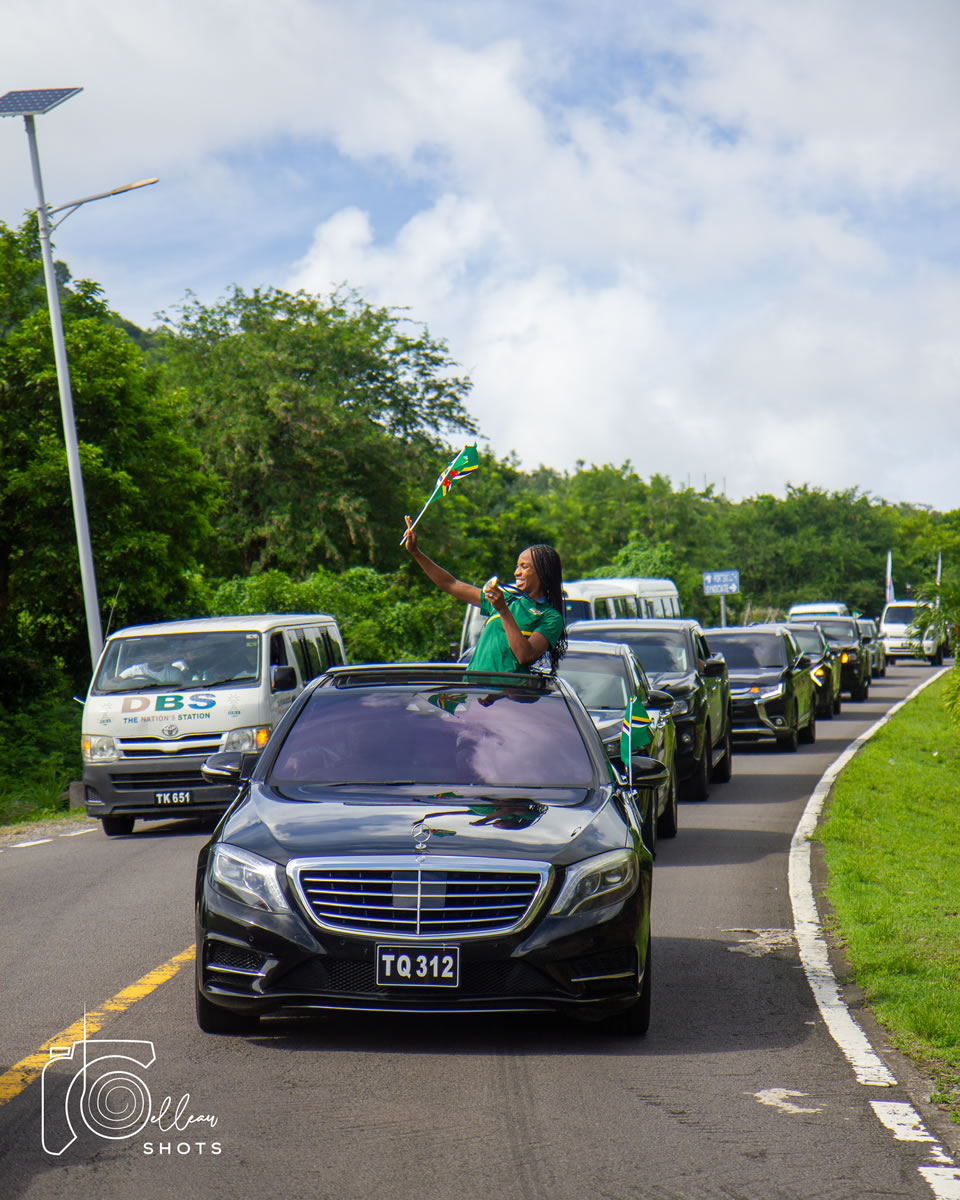
© Allton Belleau
At the beginning of our new adventure, we shared a house with another aunt and my cousin.
There were 8 of us living under the same roof, and I used to sleep in the same room with Mom and Dad.
Life was simple.
Essential.
It took me years to realize what we were missing.
Only as an adult, I did understand my parents' struggle, the importance and difficulties of their choice. As a child, I never noticed.
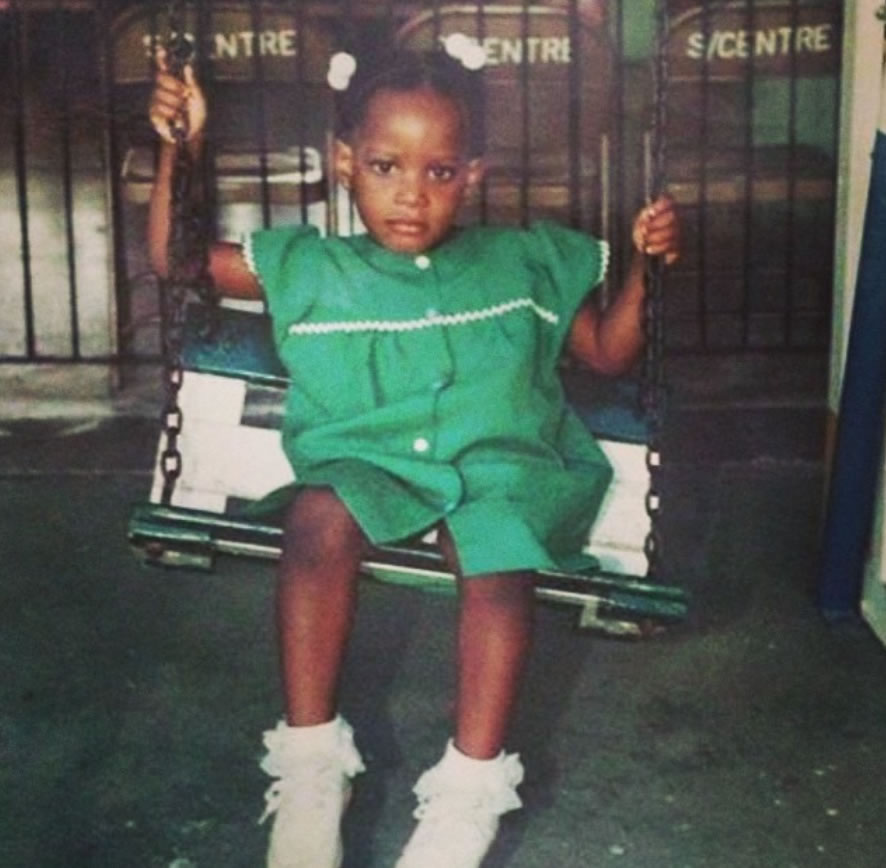
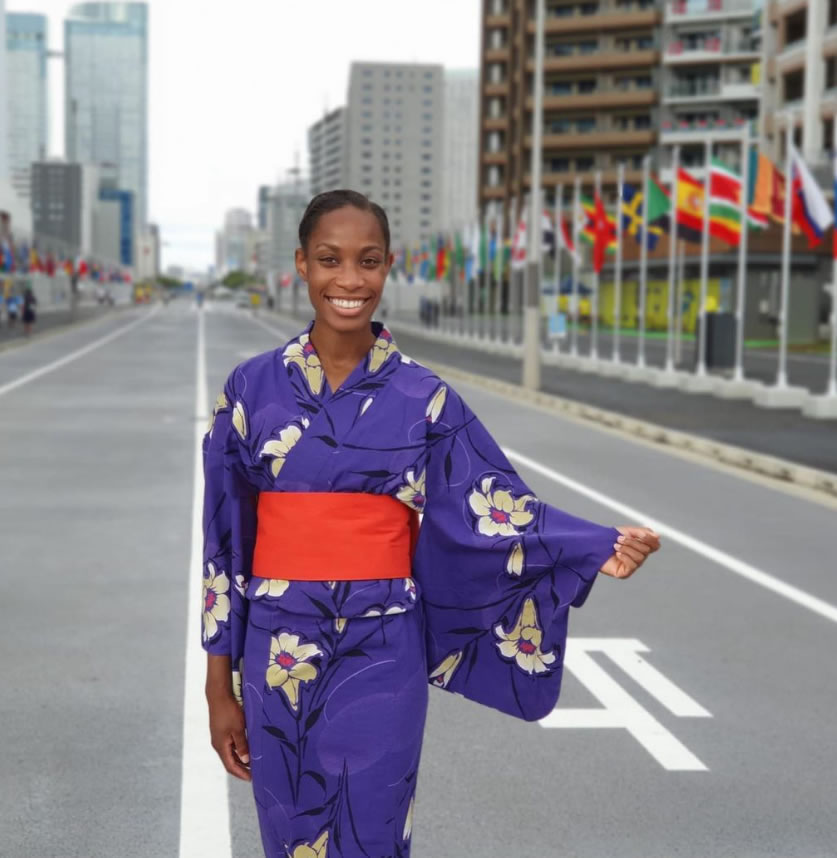
Obviously, not everything was easy.
I was different from the others.
My accent was different.
But Mom had a strict rule: you couldn't go straight home at the end of school, you always had to have something to do, and fill your days.
So I did everything.
And this allowed me to never feel alone.
From choir to art classes, from sports to dance.
Plus I was an avid reader. I always had a book in my hand and I never stopped taking new ones from the library.
A very important moment in my life is linked to books, one of those passages that define who you are and how you react to things in the world.
A moment, however, that I fully understood only later, when I was in my twenties and I relived it, talking with my mother.
Pizza Hut, a well-known fast food chain, had a program, which still exists today, called “Book it”, which consisted of giving a free pizza to any child who proved to have read an entire book, checking it off from a list they provided.
And every time I finished one, I had the teacher to sign the receipt and then I ran to collect the prize.
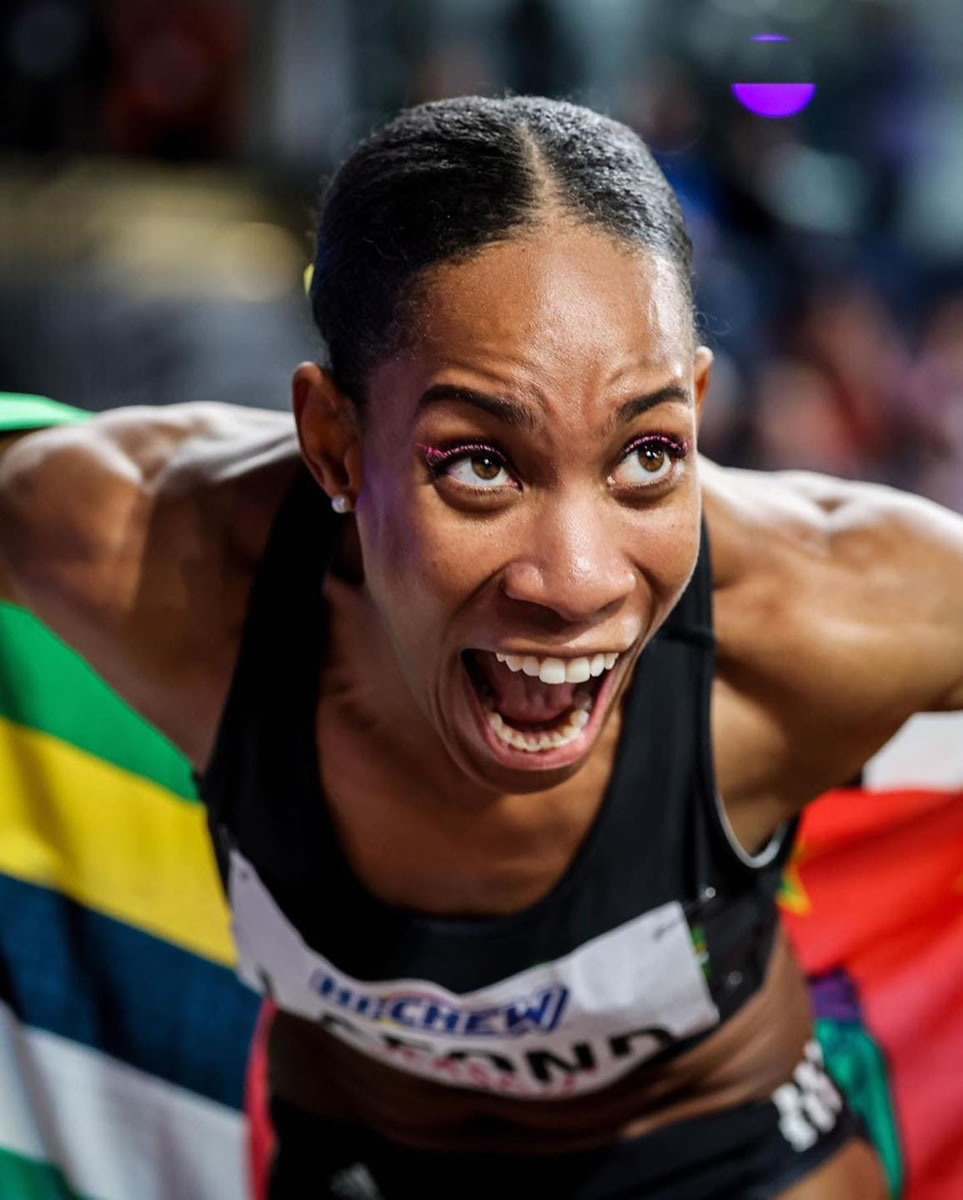
It took years, and my mother’s words, to realize how much it meant to me and my family, that I was the one, at that age, taking care of dinner, once in a while.
Years, to understand the impact it had on the household finances and on the formation of my independence, my character, my way of understanding things.
Anyway, I liked reading, I liked pizza, I liked feeling useful, but I loved dance above everything else.
Until I was 13, I had a classical education: ballet, tap, jazz.
And for a long time I thought that would be my path.
Then, my little brother arrived, and since ballet was an expensive activity, I was asked to choose something that was organized directly by the school, and sports were the best answer.
I started with volleyball, but that was an autumn discipline, and I also needed something to fill my springs, and so, to follow my friends and spend as much time as possible with them, purely for peer pressure, I found myself on an athletics field.
That's how it all began.
A constant growth: the discovery of talent.
All the steps needed to become a real athlete.
Strong.
Ambitious.
An Olympian.
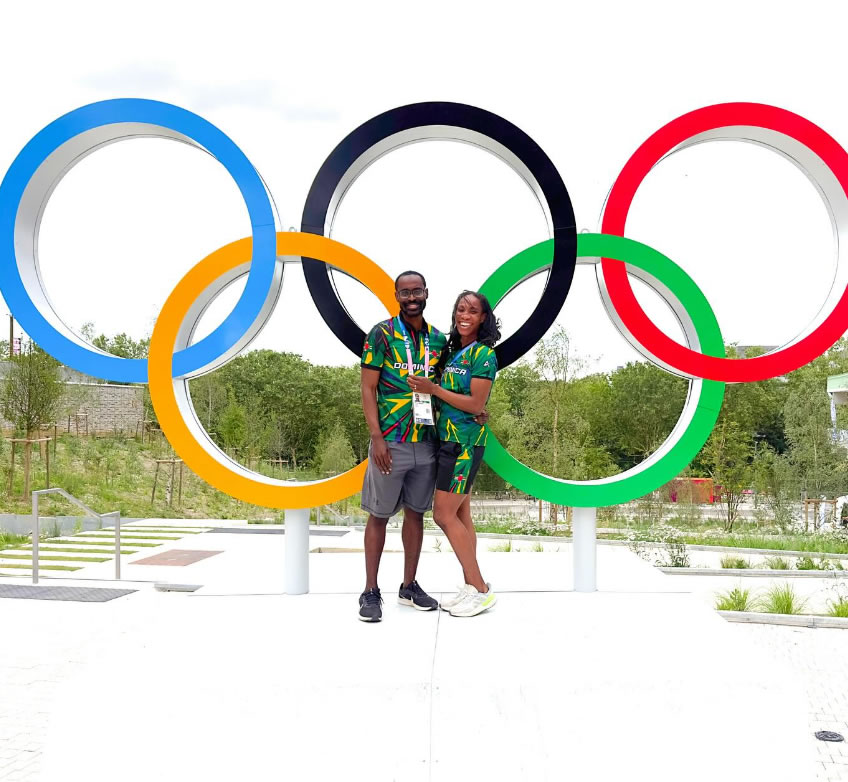
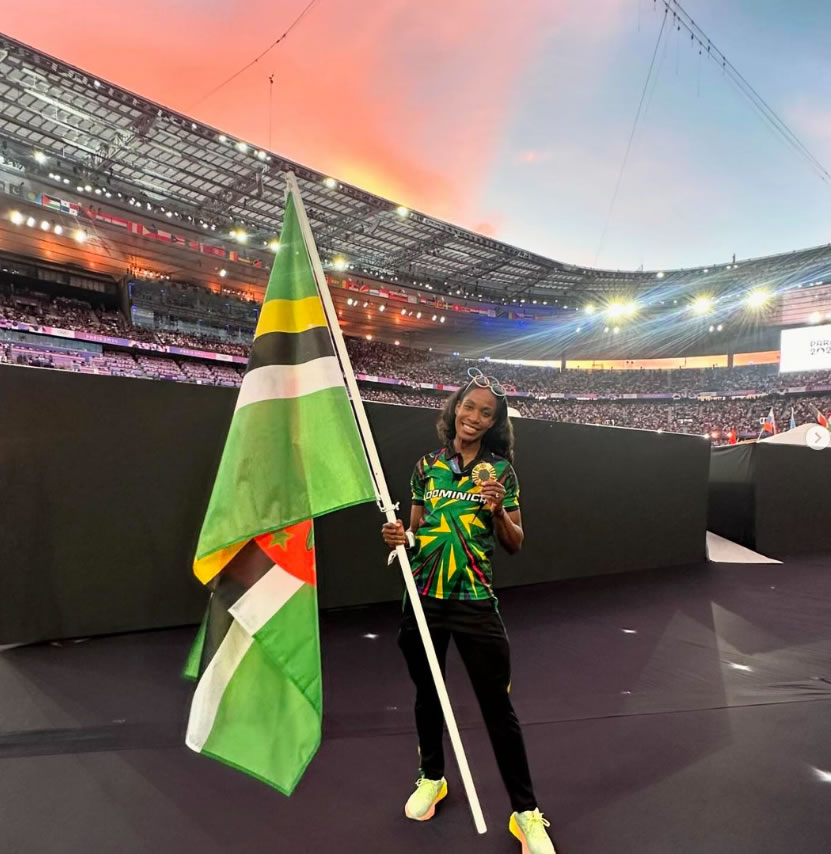
At the Rio Games I was 22 and really wanted to be there.
To enjoy the moment.
To breathe in all its beauty.
But the race was a disaster: dead last.
Out of the final with the worst measure, and I remember the moment when, sitting in the stands watching the others playing for the podium, in front of the cheering crowd, I asked myself: “I can do it too, but how? How?”
When I returned home, with the feeling of having disappointed an entire country, I realized that I really needed help, that I needed to level up, to take care of every little aspect of my professional life.
That, if I wanted to win something, I couldn’t leave anything to chance.
I went hunting for a new coach.
I contacted Muhammad Halim, a triple jumper like me, from the US Virgin Islands.
Messages, emails, calls.
No response.
I got to the point of commenting on every single post on social, explicitly asking him to write to me, to let me talk, to listen to me.
Then my persistence finally paid off, and Muhammad introduced me to Aaron Gadson, another triple jumper, from US.
It took just one meeting with Aaron to know that he was the right person for me.
And that I was the right person for him.
“When can we start?”
“Tomorrow!”
The fastest decision of my life.
And from that day on, a new journey began, which made Aaron my husband too, and me an Olympic champion, not without difficulty.
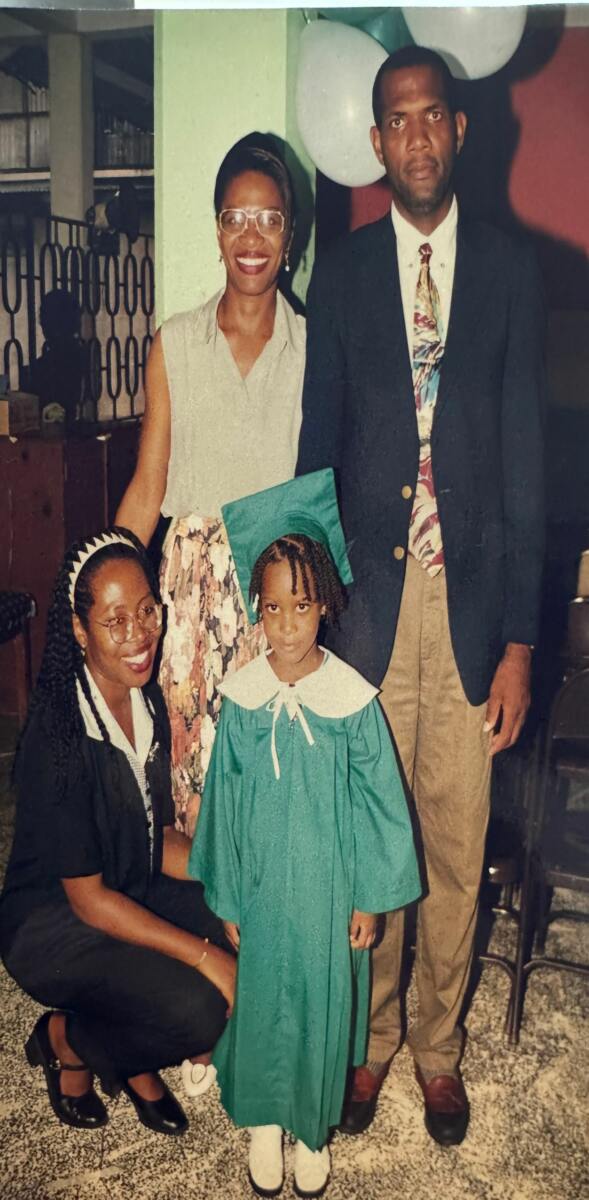
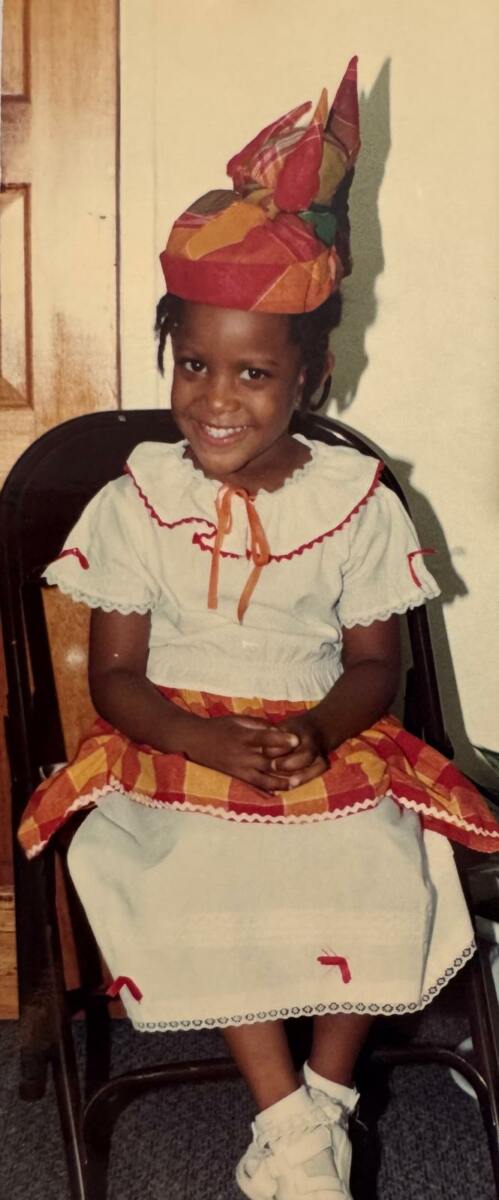

The most difficult moment was right in the middle, between Rio and Paris, at the Tokyo Olympics, where I realized at my own expense that, even though I felt strong, I wasn't ready to get to the top yet.
I made an extraordinary qualification, one and done.
And then, during the final, I was overwhelmed by emotions, by the butterflies in my stomach: too involved to really be myself.
Too invested in the moment to really live it.
I was the flag bearer, I was ascending, full of expectations, dreams, even demands, and I bowed to the greatness of the moment.
I have never felt so bad.
I could no longer trust my own feelings.
I hated the sadness I felt, but I couldn't silence it in any way.
A month after the end of the Games, with the conviction that I had disappointed so many people I loved, I burst into tears.
Finally.
A liberating cry.
That convinced me to talk to a sports psychologist, to take the final leap forward.
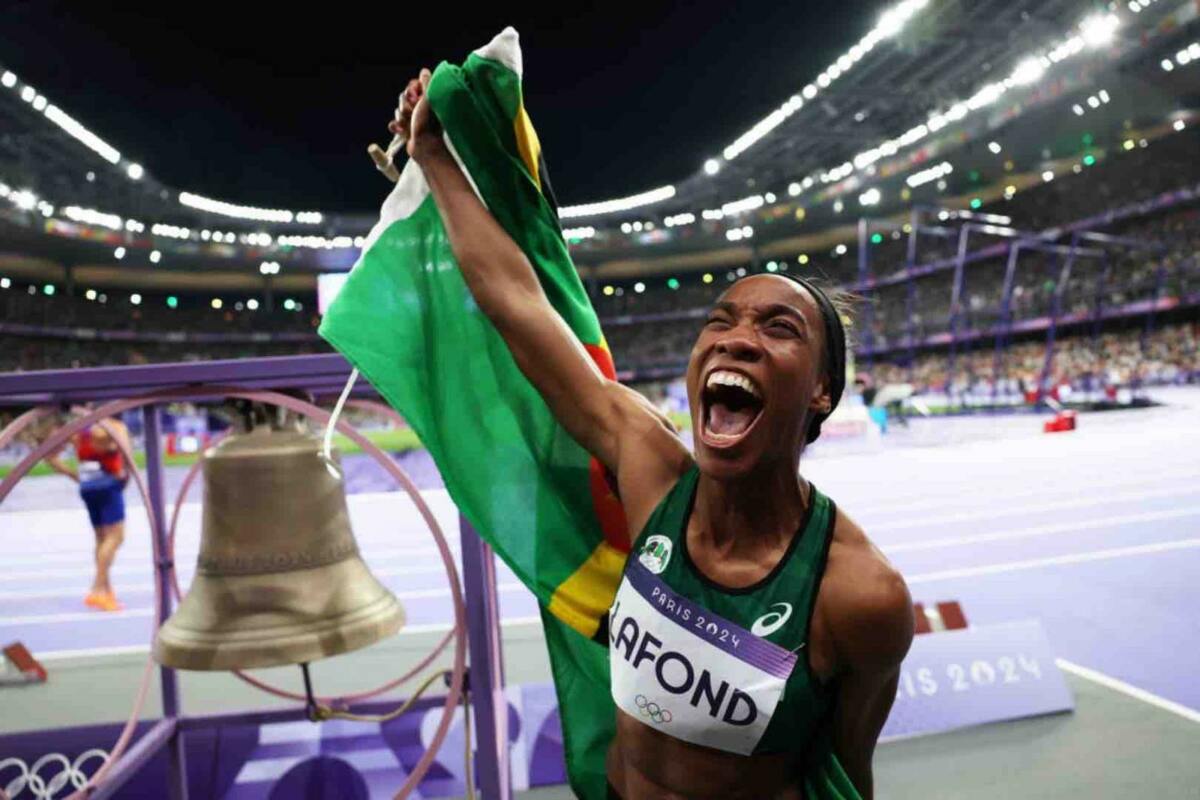
I learned to stop feeling guilty.
And I learned that I needed a space in which I could be selfish, when necessary.
Facing difficult moments changed my perspective, giving me fundamental resources to live what was to come.
Because the last step is the hardest.
No doubt about that.
Many can be good.
Only few can be great.
On the last step, a shadow of fear is enough to fall.
“My goal is to bring you to a mental state in which you will no longer need me,” she always repeated to me, and if at the beginning we spoke every day, in 2024 we only did it once.
A climb that also saw a lot of frustration, with many fourth places for a matter of inches, and despite a personal best that was constantly improving.
As if I was doing all the right things, but fate wanted to check if I was really ready. How I would have handled the disappointments.
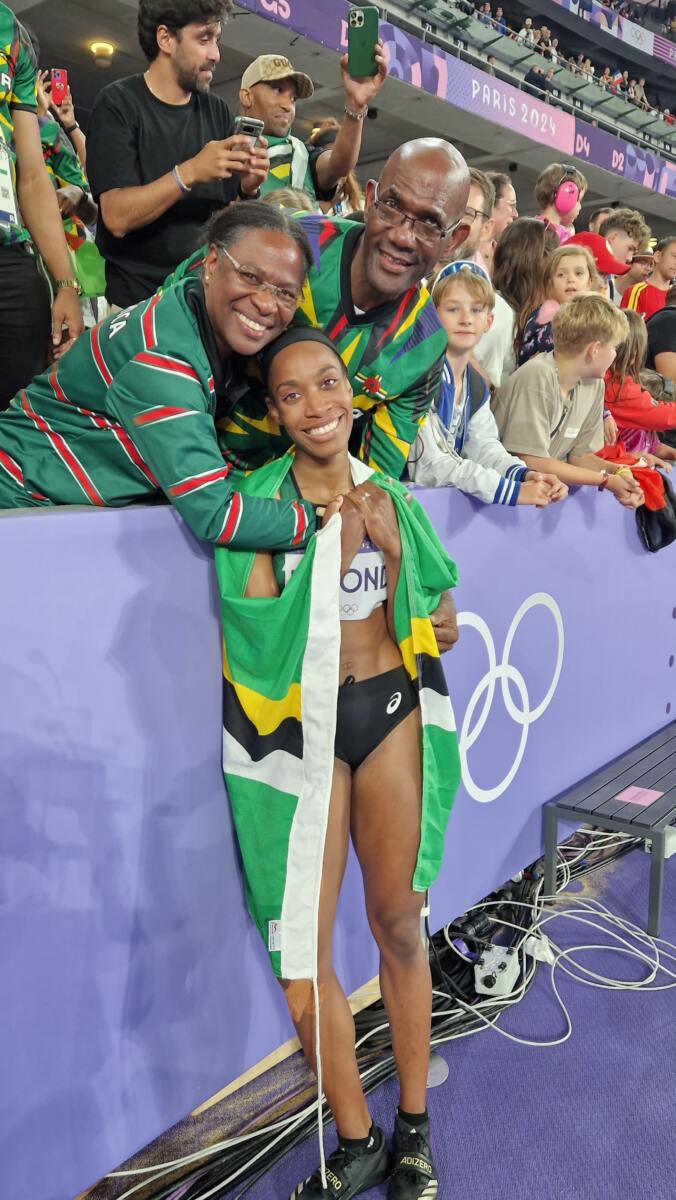
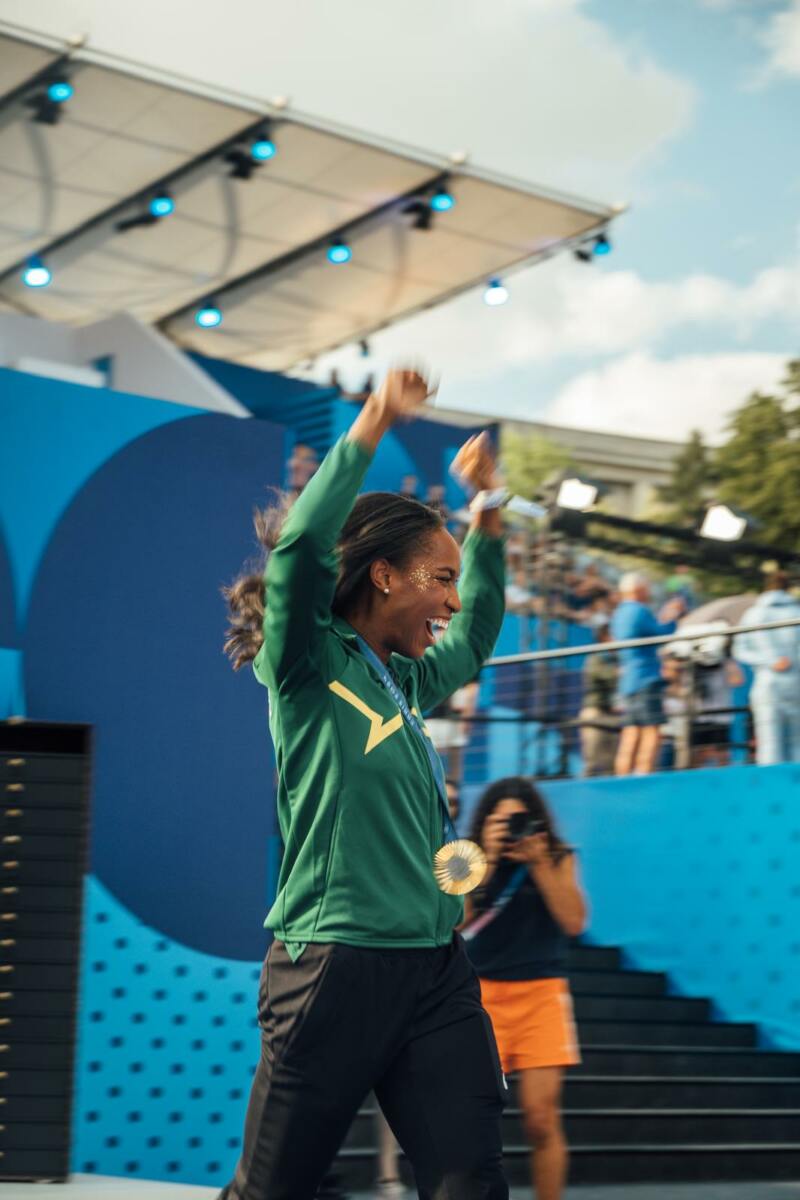
At least until this year.
The year of my 30th birthday.
The year of perfect balance.
The year of a great cycle that ends.
With the 15 meters, the World title and above all the triumph in Paris.
And I, now, feel completely at peace with the road done so far.
With the transfers.
With the books that become pizzas.
With ballet.
With athletics.
With Rio.
With Tokyo.
With the mistakes.
Because everything has brought me to the present moment, the one in which everything is exactly where it should be and how it should be.
And in which the future is nothing more and nothing less than what it will be.
As simple as me, a complex human being.
Thea LaFond / Contributor


